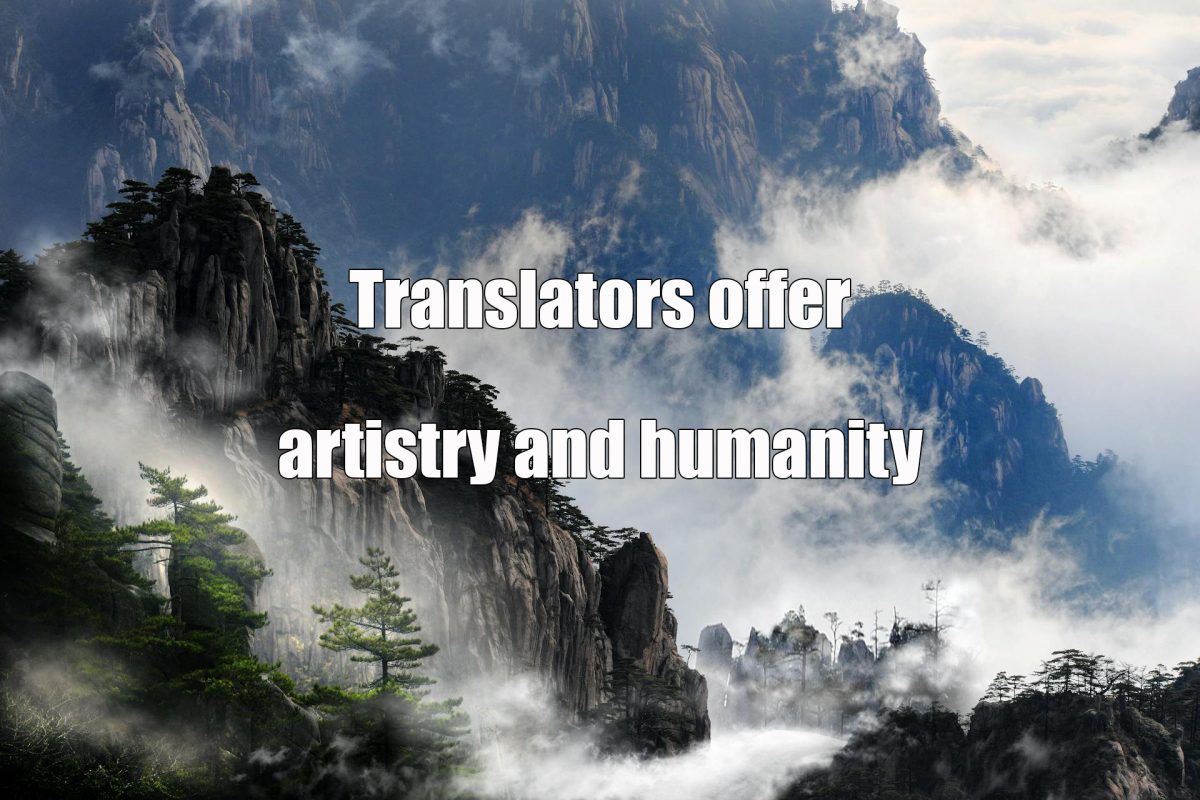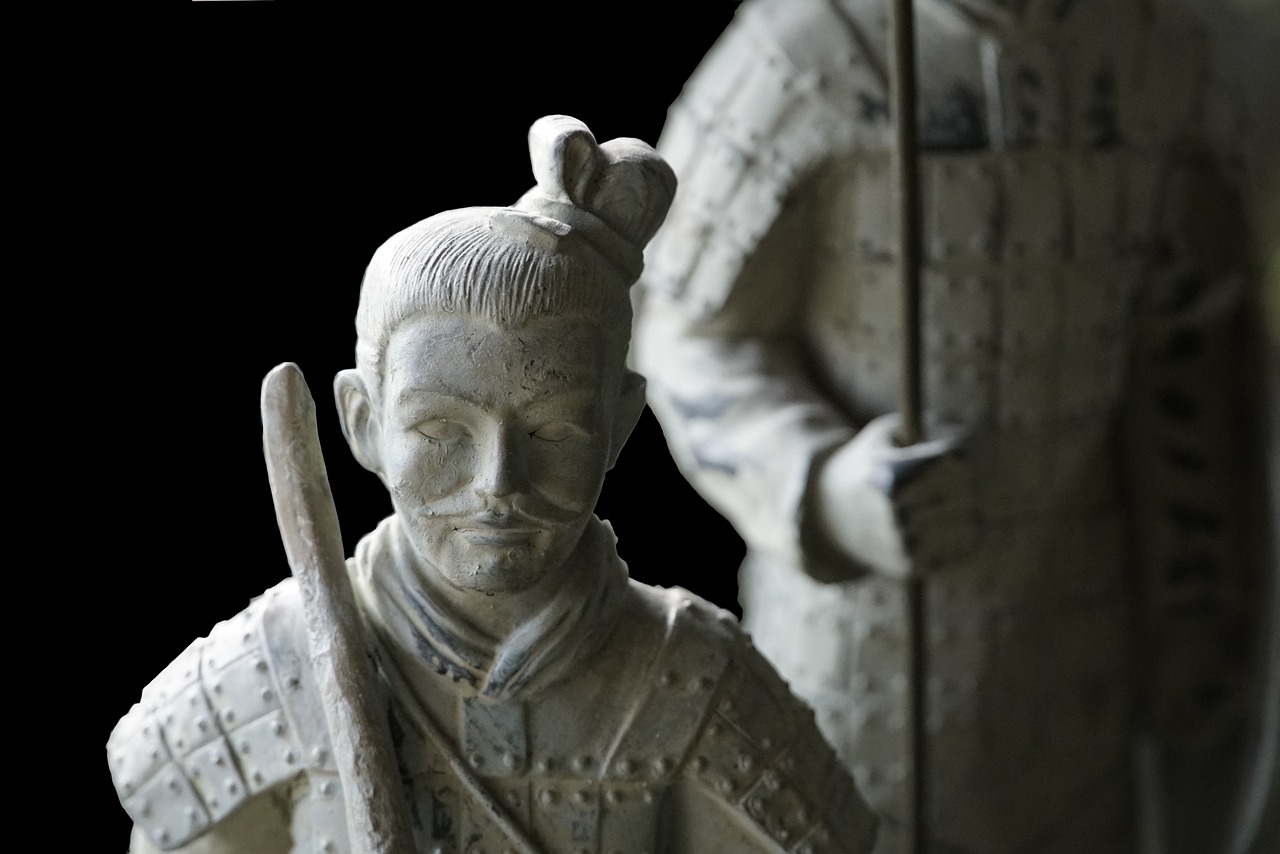
(*Linked or embedded content may have been removed or be unavailable.)
Liu Bei, Cao Cao, Zhao Yun: If those names sound familiar, it’s no surprise. They’re just a few of the sprawling cast of characters in the great 14th-century historical novel Romance of the Three Kingdoms.
One of Chinese literature’s Four Great Classical Novels centering on the end of the Han Dynasty in the second and third centuries, it has been adapted countless times, from Koei’s strategy video game series of the same name to John Woo’s martial arts action epic Red Cliff Parts I and II.
With nearly a thousand characters and 800,000 words, English-speaking readers doubtless want the best translation possible before tackling such a tome. And with four translations created between 1925 and 2018, readers of all persuasions and priorities can find an option that’s right for them (the Medievalists blog recommends the 2014 Yu Sumei version for a clear, unabridged option suitable for casual readers).

This underlines the importance of the translator in delivering a text that honors the artistic integrity of the original while presenting clear and readable language for the target audience.
Would Liu Cixin’s Remembrance of Earth’s Past trilogy — The Three-Body Problem, The Dark Forest, and Death’s End — have become an international science fiction hit without the crisp, artful translations by Ken Liu and Joel Martinsen? Fans can be glad that we’ll never know.
“What makes literary translation particularly fascinating is the translator’s pivotal role as not just a conveyer of words, but as an artist in their own right,” literary translator Hailah Alkhalaf told MultiLingual magazine in 2024. “Literary translators possess a unique set of skills that include language and literary expertise, cultural understanding, creativity, and a sense of empathy. Their success lies in effectively capturing the essence of the original work — its messages, meaning, and overall purpose — while seamlessly adapting to the target language.”
It’s work that requires a fundamentally human touch. Like all artistic works, literature utilizes all its constituent elements to transport the reader across centuries or capture the triumphs and tragedies of other lives. An imprecise word or poorly chosen phrase can disrupt that creative magic, diminishing the original author’s work and the reader’s experience alike. That’s why literary translators are often experts in both language and the literary art itself.
At the present, it’s also work best performed by a human. A 2024 study of Chinese classical poetry translated into English by AI, for instance, found that while the technology has great potential, it still comes up short compared to human translations. ChatGPT in particular showed promise, charting the best scores with Google Translate and DeepL Translator trailing with similar performance.
“However, the overall average score still did not reach the “Good Level”, indicating that there is still significant room for improvement in ChatGPT’s understanding and translation of Chinese classical poetry,” the study concludes. “Moreover, by using prompt instructions to let ChatGPT interpret meaning first and then translate with rhymes, the translation quality in terms of language style and machine translation style was significantly improved.”
The importance of sophisticated literary translation likewise applies when translating non-Chinese literature for Chinese readers. And it’s a discipline that the country demands. For instance, in 2024, translator Lin Shui-fu produced a new translation of the Japanese classic The Tale of Genji, while Chinese universities translated Thomas Aquinas’ Summa Theologiae for its philosophical studies. These are just two more examples of the essential role literary translators play.
“At university, I learned that literature and languages are inextricably linked, like inseparable companions; the exploration of literature illuminates the beauty and intricacies of languages, while the understanding of languages unlocks the depths of literary treasures,” Alkhalaf told MultiLingual magazine.
Without translators, readers would be restricted to the literary offerings in their known languages. Luckily, translators will continue to help bring literature from different cultures and languages to readers around the globe. And with the help of AI, the number of languages that see new translations, as well as the rate at which literature in translation is published, is sure to grow.





